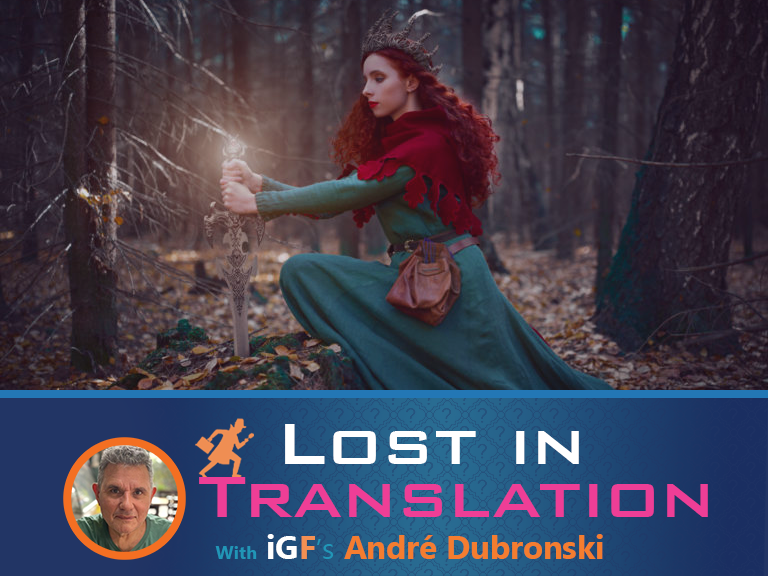Germany, Gambling’s Sleeping Beauty Stirred But Not Woken by Jackpot Pirates

Germany, Europe’s richest and most populous nation, is a sleeping beauty of the gambling world.
Much like its uncertain, problematic reaction to the Ukraine crisis, the country’s game plan and faltering response to state-of-the-art iGaming is hardly inspiring.
In terms of regulation and a sensible, realistic, acceptance that with the Internet gaming has entered a new dimension of both opportunity and jeopardy, it remains light years behind the relatively progressive markets of Scandinavia and the UK.
Now–some 10 months after Germany’s long-gestated Interstate Treaty on Gambling was finally delivered—comes the news that the Gemeinsame Glücksspielbehörde der Länder , the Joint State Gambling Authority, has —at last—issued its very first nationwide online slots licence.
Gambling’s sleeping beauty, it appears, has been stirred, if not fully awakened.
Like so many things regulatory or rules-based in Germany, thanks in great part to its post-war political compact, controlling power is nominally distributed evenly across the Federal Republic.
Responsibility for online casino, for example, is based in the state of Sachsen-Anhalt, while lottery and sports betting advertising is overseen from North-Rhine Westphalia.
Sports betting licenses, meanwhile, are issued by authorities working in the state of Hesse. A regulator in Lower Saxony polices payment blocking measures and cross-state illegal gambling.
You get the picture. It’s complicated.
Germany’s very first nationwide legal online slots operating licence has now been issued to a Berlin-based iGaming vertical called Mernov, owned by the long-established Gauselmann Group, a predominantly old world gambling empire built on a chain of Merkur betting arcades and the manufacture of gaming machines, some 50,000 a year.
Buried Treasure
Founded half-a-century ago by, now 87-year-old, Paul Gauselmann, the eponymous group has an annual net revenue of around US$3 billion (£2.43bn/€2.84bn), notwithstanding Covid-19.
It seems a little ironic that Mernov’s top online slots offerings will be games called Jackpot Piraten and Bing Bong.
Because a cynical observer of Germany’s lacklustre gambling scene may very well conclude that only iGaming pirates, in other words tax-avoiding off-shore operators, will continue to profit from the country’s snail crawl to regulation.
“Yes, the expectation from everyone was a much quicker process,” Robert Lenzhofer, a leading expert on the German gambling industry told iGamingFuture.
“But now I think everyone in the business is happy that the process is finally moving along and that the first applicant has received their license.”
He exclaimed: “The regulator still has a lot of other applications to process. So we all hope that the processing of the other 57 current applicants happens swiftly!”
The Mernov company, understandably, was a little more upbeat.
“This is a great moment for us and for the German online gambling market as a whole. We are very happy to be the first provider with a Germany-wide license for virtual slot machines,” said the vertical’s Executive Director, Florian Werner.
Germany, population 83 million, has one of the highest rates of Internet and smart phone penetration in the world.
Online gambling in Europe’s richest economy–even when it was only strictly legally in one of the nation’s 14 states, Schleswig-Holstein–is currently worth an estimated €2.8 billion a year (£2.39bn/US$2.95bn).
The iGaming handle, in the wake of legalisation, is now expected to increase to €3.3 billion (£2.82bn/US$3.48bn) by 2024.
Undoubtedly there are vast gaming riches to be gathered across the nation.
But for now iGaming in Germany, although alert, remains fundamentally inert, a sleeping beauty still waiting for her prince–or frog–to come.















